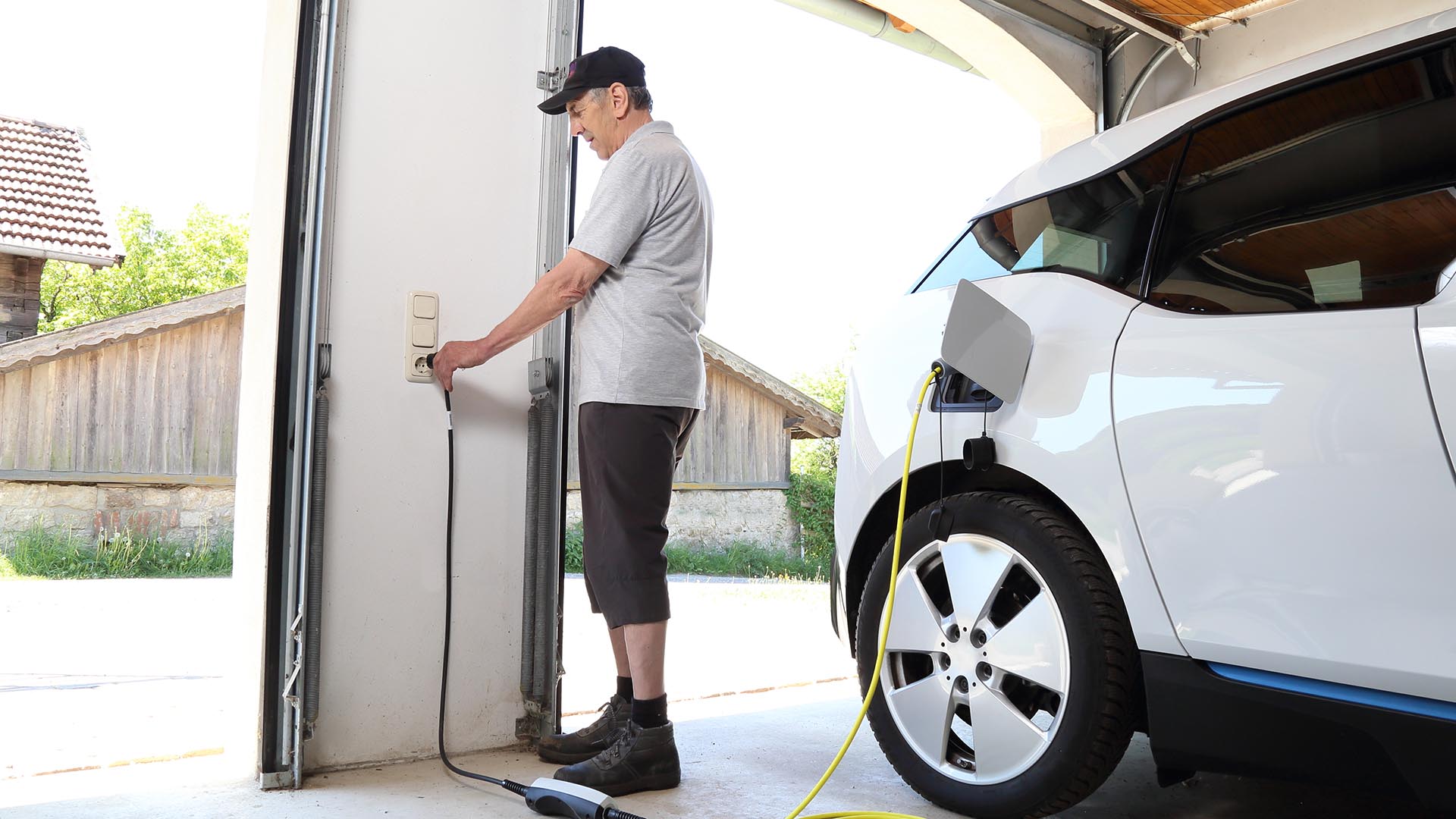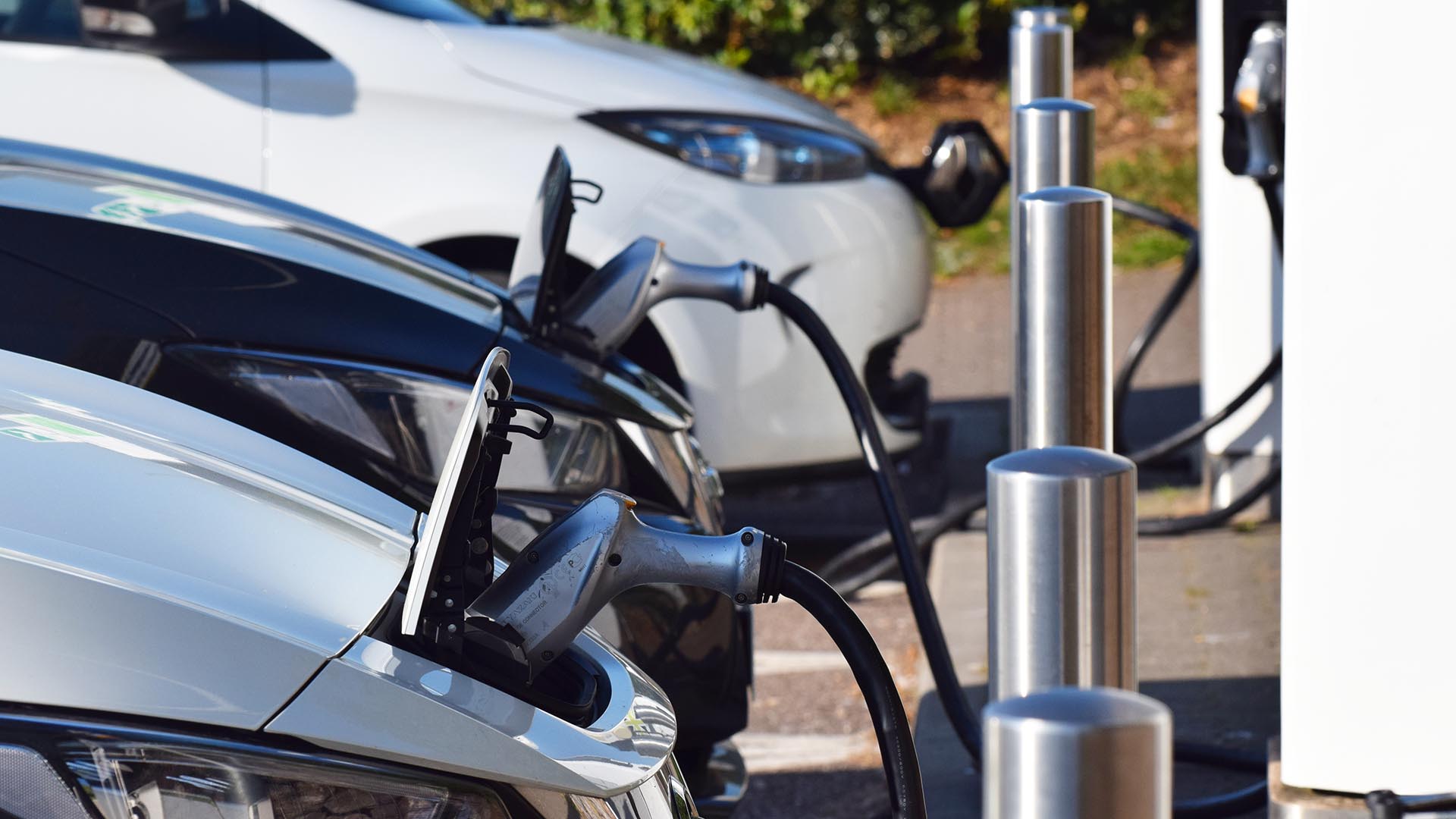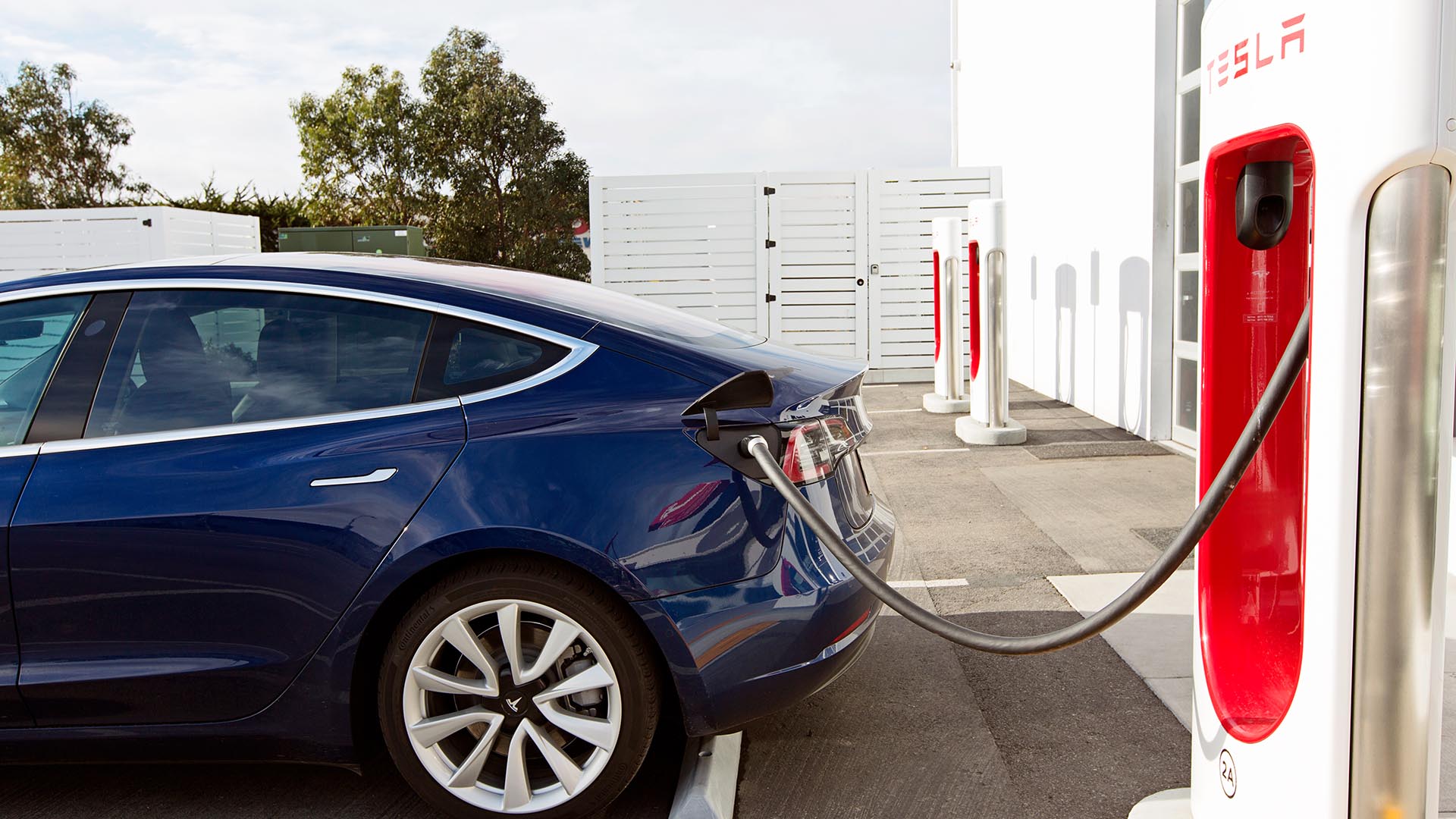Although you need to take regional price variations into account, the cost of filling a car with petrol or diesel is relatively easy to calculate. All you need is the size of the fuel tank and the fuel price per litre.
Things aren’t so simple when it comes to the cost of charging an electric car. You must consider where the car is being charged and, in some cases, the make and model of car in question.
Here, we’ll provide a basic overview of the charges you can expect to encounter when running an electric car
Charging at an electric car at home
It makes sense to charge your electric car at home, ideally overnight. Not only will you wake up to a fully charged car in the morning, you can also take advantage of off-peak electricity costs. Home charging is usually the cheapest option.
You should invest in a home charge point – also known as a wallbox. There are plenty of offers out there – some wallboxes will be offered free with your new car, while some electricity companies offer them as part of your energy tariff.
If you have to purchase a wallbox, the government will provide a grant of £350 under the Electric Vehicle Homecharge Scheme (EVHS).
Wallboxes vary in price, but you can expect to pay between £300 and £500 for a 3kW unit, while a 7kW point should cost between £500 and £1,000. These prices are BEFORE the EVHS grant is deducted.

If you can afford it, we’d recommend a 7kW charge point, as it halves the time needed to charge. For example, it will take seven-and-a-half hours to charge a Nissan Leaf using a 7kW charger, but 12-13 hours with a 3kW unit.
Regardless of the charger, make sure you’re on the best home energy tariff available. Many energy firms offer off-peak prices at night when demand is reduced and there’s less pressure on the grid.
EDF offers a tariff designed for electric car drivers. It’s powered by 100 percent renewable electricity and comes with 98 hours of off-peak electricity (9pm-7am weekdays and the whole weekend). The cost is 8p per kWh.
The company says it could save electric drivers £426.18 a year. This is based on 8,000 miles per year, with charging costs of £193.35 a year on the electric car tariff, and £416.21 on a standard tariff.
Zap-Map has a handy calculator you can use to work out the cost of charging at home. Based on a Nissan Leaf 40kWh, a 7kW charging unit and an electricity cost of 8p per kWh, it will cost £3.20 for a full charge. On a 16.5p tariff, this increases to £6.60.
Sticking with the Nissan Leaf for a moment, the Energy Saving Trust says that it costs £300 a year to travel 10,000 miles when based on an electricity tariff of 30p per kWh. Meanwhile, it costs £858 to do the same number of miles in a diesel Nissan Micra.
Top tip: how to find your electricity tariff
Your electricity unit rate will be listed on your monthly statement. Look for the unit rate figure followed by ‘p/kWh’.
It should be listed prominently within the statement – for example, unit rate: 14.0p/kWh.
It is also listed in the ‘Energy’ row, which shows how many kWh of electricity you have used during the month – for example, 500kWh @ 14p/kWh.
You can use this p/kWh figure to multiply against your battery capacity and easily find out how much a full charge will cost – for example, a 50kWh battery and a 14p/kWh tariff will cost £7 for a full charge (that’s 50 x 0.14p – £7).
Charging at a public charger

While the energy tariff is the biggest influence on the cost of charging at home, there are more variables associated with using the network of public chargers.
Some locations offer free electric charging for customers and visitors, while a rapid charger at a motorway service area will be one of the most expensive ways to charge an electric car. You’re paying for convenience and this is unlikely to be part of your daily routine.
Our advice would be to charge at home whenever possible, using the public network to top up when required. There are a number of different charging operators, each one with a different approach to pricing. For example, some offer free membership and free charging, while some require payment of a membership fee followed by a cost per kWh used.
Here are some of the biggest operators, along with the associated costs. The details are correct at the time of writing (6 April 2020).
| Network operator | Membership fee | Cost per kWh |
| Polar | £7.85 per month | Fast (12p), Rapid (15p), Ultra-rapid (20p) |
| Charge Your Car | £20 per month | £1 connection charge plus flat rate per kWh used. Some are free |
| Genie Point | Free | 50p or £1 connection charge, plus 30p for rapid or fast units |
| Instavolt | None | Rapid (35p) – pay as you go |
| Ecotricity | Free | 30p (or 15p for Ecotricity customers) |
| Pod Point | Free | Most points are free (including Tesco superstores) |
Information sourced from Zap-Map. Click here for more operators and a detailed look at the different costs.
Charging a Tesla

If you purchased a Tesla Model S or Model X BEFORE 2 November 2018 or AFTER August 2019, you will enjoy free and unlimited access to the Supercharger network. Charges apply for all Model 3 owners.
Based on a price of 24p per kWh, a full charge costs £12 when using a Supercharger. This delivers a range of 254 miles. It’s worth noting the Model 3 is the first Tesla to come with a CCS charging port, so you’re not restricted to the company’s Supercharger network.
Click here to find your nearest electric car charger.


[…] one account, EV motorists can access almost 14,000 UK charging points – and nearly 180,000 more across 28 other EU […]
[…] How much does charging an electric car cost? […]